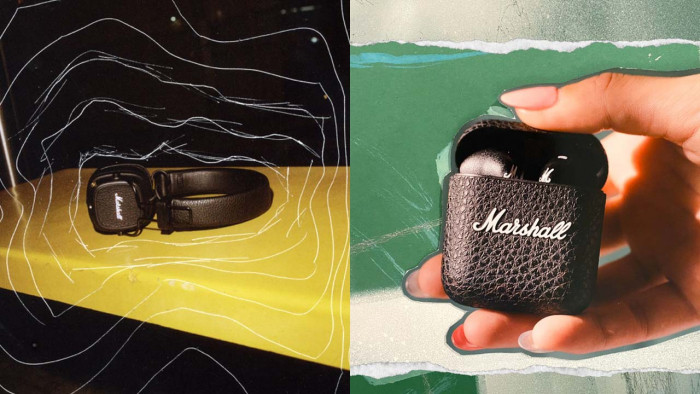Scientists say this is the absolute minimum amount of sleep you need to be getting every night
And if you don't get it there's some serious side effects


This isn’t the first time you’ve heard this warning, but more and more scientific research is reinforcing just how important it is that you get a full, proper night’s sleep.
The latest study, from Binghamton University, State University of New York, has even found that if you get less than the textbook eight hours of sleep per night then you’re more likely to suffer from things like anxiety and depression.
So people, make sure you’re getting eight hours of sleep a night. It’s really, really important. That extra Family Guy episode just isn’t worth it.
The study, published in the Journal of Behavior Therapy and Experimental Psychiatry earlier this year, came to the conclusion that inadequate sleep is part of what makes negative intrusive thoughts stick around and interfere with people’s lives - and getting that eight hours is a pretty strict instruction.

Can’t sleep? We’ve all been there, mate
“We realized over time that this might be important — this repetitive negative thinking is relevant to several different disorders like anxiety, depression, and many other things,” said Dr. Meredith Coles, the professor of psychology who led the study.
“This is novel in that we’re exploring the overlap between sleep disruptions and the way they affect these basic processes that help in ignoring those obsessive negative thoughts.”
And adding to this, another study from Georgia Southern University made the startling discovery that getting even just one hour less sleep than you’re supposed to is associated with 60-80% increased odds of suffering from symptoms like depression, hopelessness, nervousness, and feeling restless or fidgety.
Dr Kelly Sullivan said: “You have one sleepless night, you can rebound. But when you’re chronically having challenges where you can’t get sufficient sleep, we all feel those effects,” according to Medscape.
Read more: 6 reasons why you’re not sleeping (and how to fix it)
And according to the NHS, “One in three of us suffers from poor sleep, with stress, computers and taking work home often blamed.
“However, the cost of all those sleepless nights is more than just bad moods and a lack of focus.
“Regular poor sleep puts you at risk of serious medical conditions, including obesity, heart disease and diabetes – and it shortens your life expectancy.”
Now you’re armed with the facts, you need to stop whatever you’re doing, get into your best jim-jams and snuggle into bed IMMEDIATELY. It’s for your own good.
(Images: Getty)








